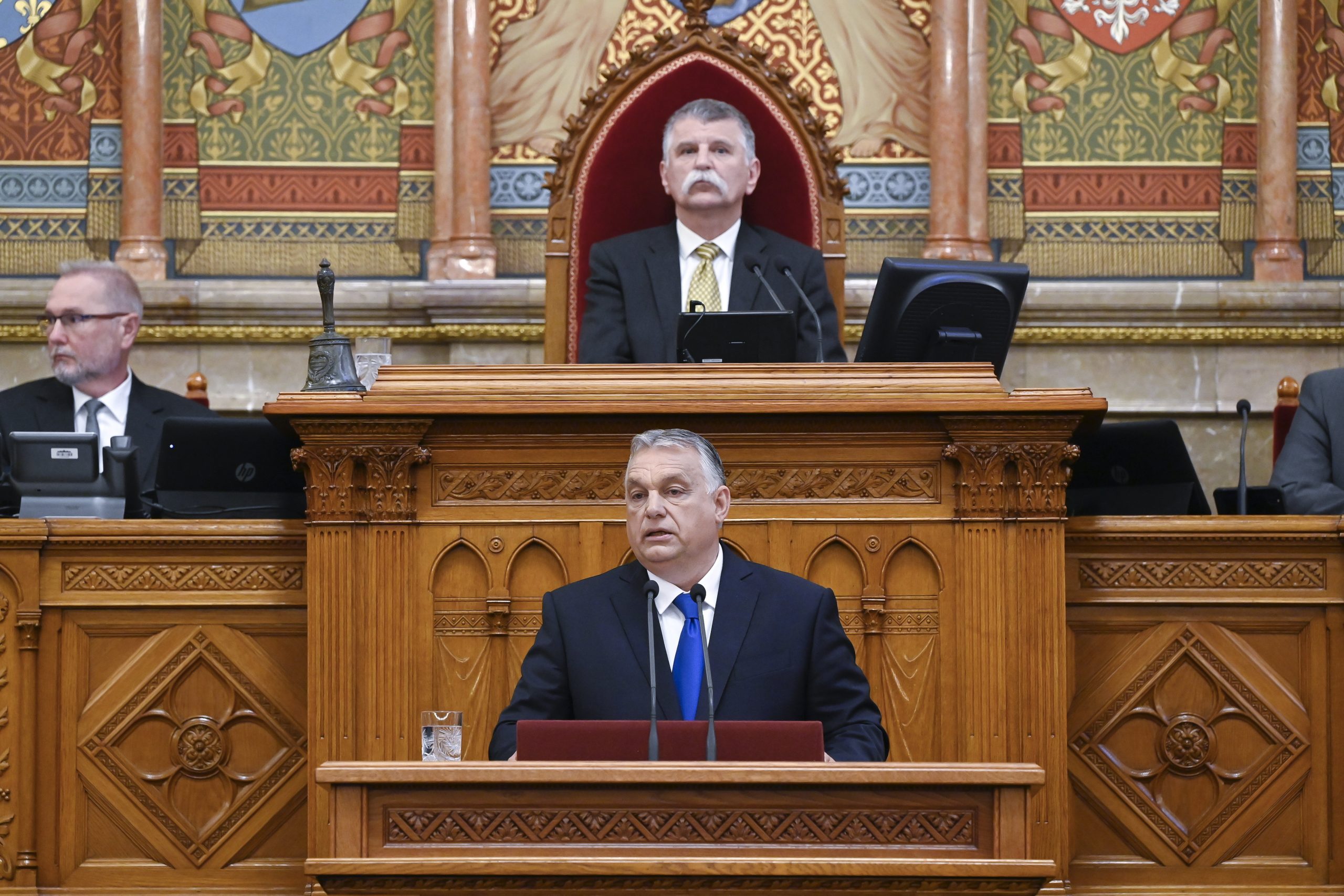
No government since 1990 has received as "great and united" a mandate as the fourth consecutive Orbán government, the prime minister said.Continue reading

Hungary’s governing Fidesz party has proposed to officially replace the titles Kormánymegbízott (government commissioner) and megye (county) with főispán (lord-lieutenant) and vármegye (castle-county), a return to the monarchic administrative designations used in Hungary before Soviet occupation. While opposition leaders have criticized the relevance and symbolic meaning of the bill in a modern context, pro-government and government outlets have cited the historic relevance of the titles.
Despite Hungary’s status as a parliamentary republic, the proposal to rename government commissioners and counties would mean a symbolic turn toward the administrative system established in Hungary in the early medieval period, which was in place until the Soviet Union occupied Hungary after the Second World War. According to Fidesz, the legal proposal stems from the potential “opportunity for today’s Hungarian public administration to be more closely linked to the system of the pre-communist Hungarian state administration.” The use of vármegye instead of simply megye¸ the party argues, “ensures the survival of the constitutional traditions established over a millennium of Hungarian statehood.”
Both titles have been presented on the foundation of connecting Hungary with its pre-communist past, providing the “aldermen” elected in London, England, as an example of medieval titles that are still in use today.
There is no obstacle for the change of titles not to be implemented into law, as the governing party holds a majority in the National Assembly. Opposition parties have accused Fidesz of diverting attention away from issues like inflation and the deteriorating value of the forint, with Budapest Mayor and opposition green party Párbeszéd co-leader Gergely Karácsony calling on Hungarians to think about the underlying symbolism the returning titles would have in a democracy. “We should think through the message the government is trying to send by requiring government commissioners to be called [főispán].”
The conservative pro-government Center for Fundamental Rights (Alapjogokért Központ) has argued that the title of vármegye, directly translated to castle-county, is a symbol of Hungarian sovereignty. The research institute posted a list of arguments to its Facebook page supporting the decision. They write:
Thus, the institute argues, there is no other goal to the current proposal than “the re-establishment of the traditions adhering to Hungarian statehood, independence, and national freedom in our legal system.”
Featured photo illustration by Edit Kátai/MTI